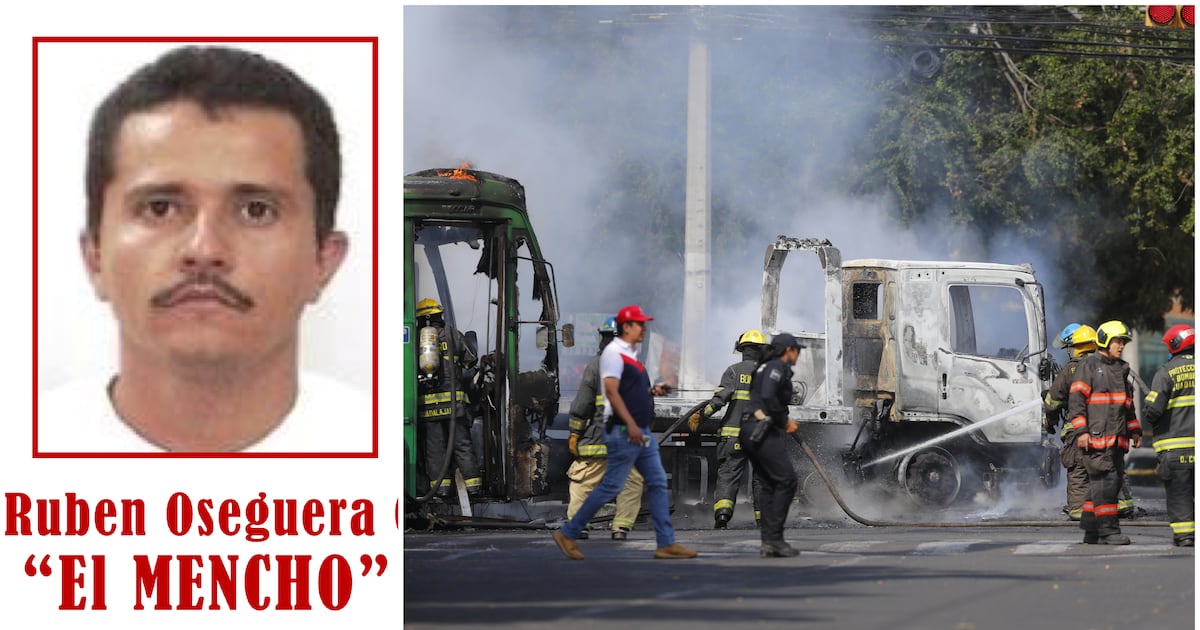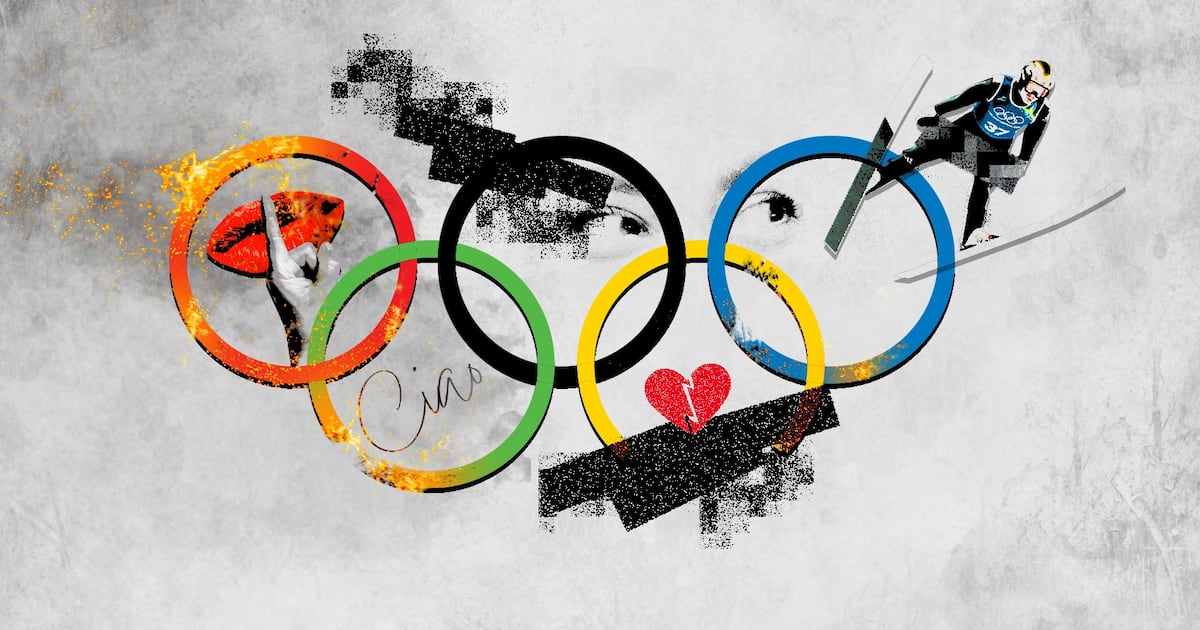For months, Russia had been meddling in the affairs of its neighbor Ukraine without having to pay a serious cost. Thursday’s downing of a passenger airplane in eastern Ukraine is a result of Western fecklessness in the face of Russian aggression. This tragedy—the murder of scores of European citizens on European soil—has internationalized the conflict in a way that should fundamentally alter the civilized world’s relationship with the regime in Moscow.

According to U.S. intelligence sources, a Russian-made missile destroyed Malaysia Airlines Flight 17, which crashed over territory controlled by Moscow-backed separatists on its way from Amsterdam to Kuala Lumpur. All 298 passengers and crew were killed. Early evidence is pointing to Russian-backed separatists as responsible for firing the missile. This week alone, they downed two Ukrainian military planes in the same general area, and a Russian news agency reported last month that the rebels had obtained surface-to-air missiles capable of striking aircraft flying at 72,000 feet. (MH17 was reportedly hit at 32,000 feet.)
Russian President Vladimir Putin blamed the Ukrainian government for the crash, an absurd statement even by his own standards. “This tragedy would not have happened if there had been peace on that land, or in any case if military operations in southeastern Ukraine had not been renewed,” Putin said, the geopolitical equivalent of blaming the rape victim for her misfortune. The reason why there is no “peace” in Ukraine is because of the Russian government’s barely disguised strategy of funding and equipping a violent insurgency that has now gone on for months and taken hundreds of lives. Thursday’s horrific tragedy was the consequence of Russian war-mongering; if you give guns, missiles, training, and logistical support to a band of drunken thugs, it shouldn’t come as a surprise that something like this might happen.
And so the world’s shock at the catastrophe is misplaced. For too long, Moscow’s flagrant violations of Ukrainian sovereignty and destabilization of the European security order have been met by a tepid Western response. In March, after Russia invaded and annexed the Crimean Peninsula—which Putin justified using the same rationale Adolf Hitler did of his subjugation of Czechoslovakia—world leaders loudly protested and slapped sanctions on a handful of Russian officials.
Having seized Crimea relatively pain-free (to the point where he felt comfortable boasting of sending Russian troops to take the peninsula, following weeks of denials that the suspicious “little green men” were under his command), Putin then began sending arms and intelligence officials to assist the violent separatists who had established a self-declared Donetsk People’s Republic. In the run-up to Ukraine’s presidential election on May 25, Western leaders threatened further sanctions if Russia did not stop interfering in Ukraine. The election came and went, Russian meddling never stopped, and the threatened sanctions didn’t materialize.
The following month, Russian tanks rolled across the Ukrainian border, which, on the Russian side, is heavily patrolled by Moscow’s intelligence services. Western leaders howled in protest and slapped sanctions on a handful of Ukrainian separatist leaders, but once again avoided doing anything that might “antagonize” Russia. This measure was worse than useless—the penalized rebels have no assets in Western banks, never mind plans to visit Paris or London—as it instilled a sense of complacency in Western capitals. The root of the problem is, and always has been, Moscow.
And thus far, the West has been reluctant to strike the cancer at its source. France is on schedule to deliver two Mistral amphibious assault ships to Russia, having signed a contract for the vessels after Moscow invaded and occupied another neighbor, Georgia, in 2008. This week, it was reported that Italy, which currently occupies the EU presidency, was attempting to water down a further round of sanctions. And on Sunday, German Chancellor Angela Merkel— considered one of the continent’s toughest leaders when it comes to dealing with Russia—could be seen chatting next to Putin at the World Cup in Rio de Janeiro.
Only on Wednesday did the United States and European Union announce more sanctions on Russia. But by then, it was too late. Putin had long ago decided to sow violence and discord in Ukraine, waging a proxy war against a country that had ousted a corrupt, Moscow-backed regime in favor of a Western-leaning government. Mainstream media accounts of a “civil war” fought among Ukrainians mask the reality: an old-fashioned war of aggression launched by a powerful country against a weaker one.
It is long past time that the United States and its NATO allies supply the Ukrainian military with the lethal aid it has long requested, so that it can at least defend itself and its airspace from Russia. NATO should deploy more troops to Poland and the Baltic states, which are understandably nervous about Russian designs on their territory and quietly doubt the Alliance’s Article 5 commitment stipulating that an attack on one is an attack on all. Sectoral sanctions that could cripple the Russian economy are also long overdue. And, if Russian involvement in this attack is conclusively demonstrated, Russia should be added to the State Department’s list of state sponsors of terrorism.
On Monday, Assistant Secretary of Defense for International Security Affairs Derek Chollet addressed the German Marshall Fund in Washington, where he delivered a fairly rosy picture of U.S.-Russia relations. In spite of the many disagreeements, the Obama administration, he said, does not view Russia as “an adversary.” When I skeptically asked him what it would take for the United States government to revise its assessment, given everything from Edward Snowden to the situation in Ukraine, Chollet replied that he “did not want to get into speculating about where Russia can go, where the line is to cross about being an adversary or an enemy.” I hope we now have our answer.






